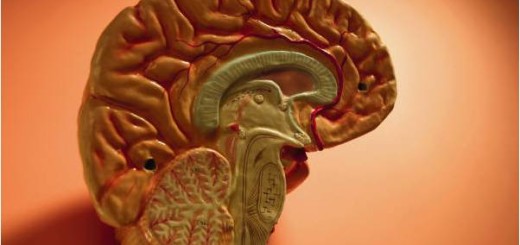What I’ve learned about worrying

For many years I had it in my head that if I worked hard enough on it, I would someday totally eliminate worrying from my life.
Yes, I know. Don’t laugh. It’s really what I thought I ought to aspire to.
I studied, and I practiced. I read great books like Dale Carnegie’s How to Stop Worrying and Start Living and Richard Carlson’s Don’t Sweat The Small Stuff. I learned about and practiced mindfulness.
And I did all of it with the lofty goal that I was ultimately going to get rid of my worrying.
And, of course, it didn’t work. Sure, I’ve significantly reduced worrying. In fact, my friend Deb gave me a mindfulness assessment 4 years ago that I recently went through again, and I’ve definitely made improvements since then. I’m a lot more zen than I used to be. :)
However, as you may have guessed, what I’ve come to realize is that it’s not really possible, or even desirable, to live a life that’s completely worry-free.
What I’ve learned is that worry comes from fear, and, like fear, there may be some good reasons for why it’s so hard wired into human nature. It’s a characteristic we all share.
Considering that fact has led me to ask the question… Can worrying actually be helpful?
And, yes, I’ve come up an answer. In fact, I’ve realized that there are at least 3 ways worrying can actually be helpful.
First of all, worry allows us to show someone how much we care.
For example, as a mom, I know that I’m never, ever going to stop worrying about my daughter even though she’s now a full-fledged adult out on her own in the world. Of course, worrying about her might become a problem if I allow the worry to consume me or if I allow the worry to interfere with our ability to have a healthy relationship. It would be a problem if she assured me I shouldn’t worry, and yet I still obsessed. Expressing that sort of worry could lead my daughter to think that I don’t respect and trust her to figure out things on her own.
So that’s one way that worry can serve us – to help us express compassion and empathy and caring to others. Another is when worry is a catalyst to take action.
First comes a problem; then comes a bit of worrying about it. Worrying feels uncomfortable, right? We want to relieve that discomfort, and we can use that discomfort as a sign to take action and make a change. For me, taking stock, making a plan, and taking action is always a healthy antidote to worry.
Of course, worry can also stir us into taking ill-advised action. And it can paralyze us into inaction so that we’re not doing what is necessary to change or fix the situation. Inevitably, how this goes is up to us though, and we can tame worry by channeling it and using it wisely.
Lastly, worry keeps us safe. Think about it. Without a little worry, we’d lack the necessary caution it takes to stay safe. Worrying about what might happen when we’re not careful in crossing a busy street will makes us appreciate the rule of looking both ways before stepping into the crosswalk. In this case, worry is transformed into something useful… and we can call it “caution” instead of “worry.”
So, you see, worry is something we can work with. It can allow us to show others how much we care, as long as we do it in a healthy way, it can be a catalyst to take action, and it can keep us safe. Basically, if we use worry wisely, it can be constructive rather than destructive.
Before I realized that worry can be necessary and helpful, I would often let my inner critic berate me for my perceived failure in conquering worry. Talk about piling on – you could say that I was worrying about worrying!
Anyway, no more pressure. Now I simply notice that I’m worrying, and then I consciously choose to reframe or transform the energy of worrying into something more useful.
I’ll leave you with some words of wisdom (that I love) from others on this topic:
- It’s hard to wring my hands when I am busy rolling up my sleeves. – Linda Geraci
- That the birds of worry and care fly over your head, this you cannot change, but that they build nests in your hair, this you can prevent. –Chinese Proverb
- Worry is like a rocking chair: it gives you something to do but never gets you anywhere. –Erma Bombeck
__________________________________________________________
Angela Loeb is into self-development & personal empowerment, being awed by nature, writing, and being inspired by superhero stories.
http://angelaloeb.com
__________________________________________________________



